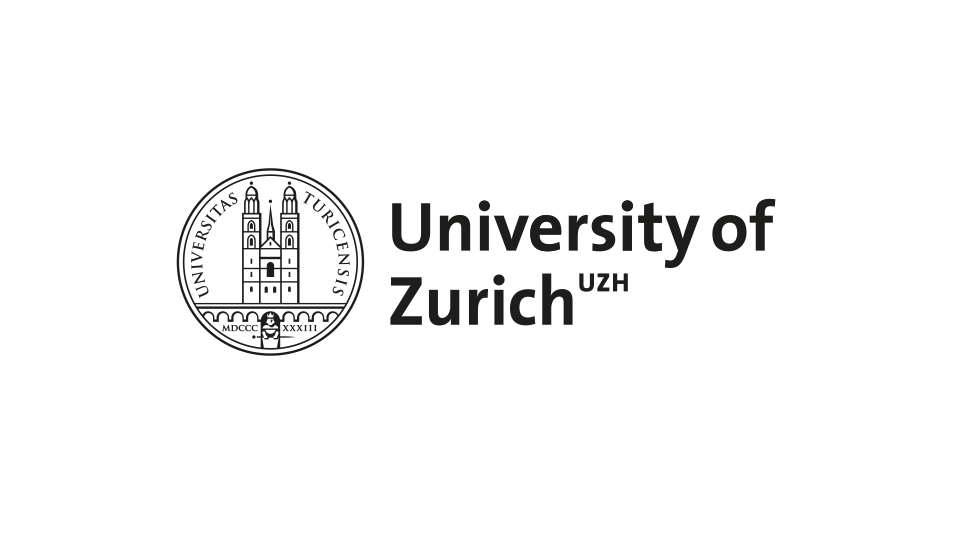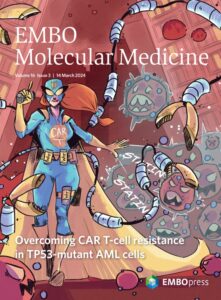Acute myeloid leukemia (AML) is an aggressive type of blood cancer with a substantial proportion of patients not responding to available therapies. In a collaborative effort between the groups of Prof. Manz and Prof. Schroeder at USZ and ETH Zurich, scientists have developed and tested novel promising immunotherapies against AML, so called CAR-T cells and T-cell engaging antibodies (TEAs).
In CAR T-cell therapy, T-cells – particularly powerful immune cells – are extracted from patient blood, genetically modified and reinfused into the patient to specifically recognize and kill cancer cells. While current CAR T-cell products are directed against one specific tumor trait, the researchers have now developed universal CAR-T cells that can indirectly bind several leukemia-individual antigens of choice, hereby enhancing versatility, safety, and efficacy of this approach.
In another attempt, a novel TEA molecule was designed to successfully enable the own endogenous immune cells to better find and eradicate AML cells. The researchers were also able to decipher the causes of resistance of a particularly aggressive genetic subtype, TP53-mutant AML, against CAR T-cells and to develop pharmacological strategies to overcome this resistance. Promisingly, all approaches are currently in early-stage preparation for clinical trials, hopefully leading to better treatment options for AML patients.

(A) Schematic of the different immunotherapy approaches developed and characterized by the collaborators.

(B) Schematic of the discovered resistance mechanism of TP53-mutant AML against CAR-T cells: In TP53-deficient AML cells show a longer duration of cellular interaction between CAR T-cells and TP53-deficient AML cells. Longer temporal interaction between CAR T-cells and TP53-deficient AML eventually leads to enhanced CAR T-cell exhaustion resulting in the outgrowth of TP53-deficient AML cells. Inhibition of cholesterol biosynthesis in TP53-deficient AML cells or activation of the Wnt pathway in CAR T-cells can overcome resistance of TP53-deficient AML cells to CAR T-cell-mediated killing.





